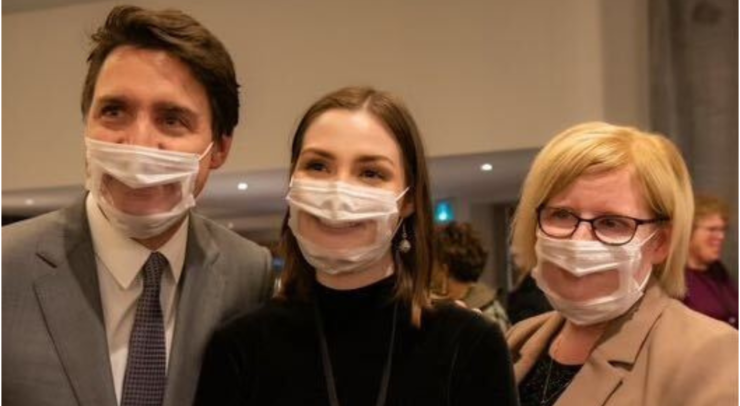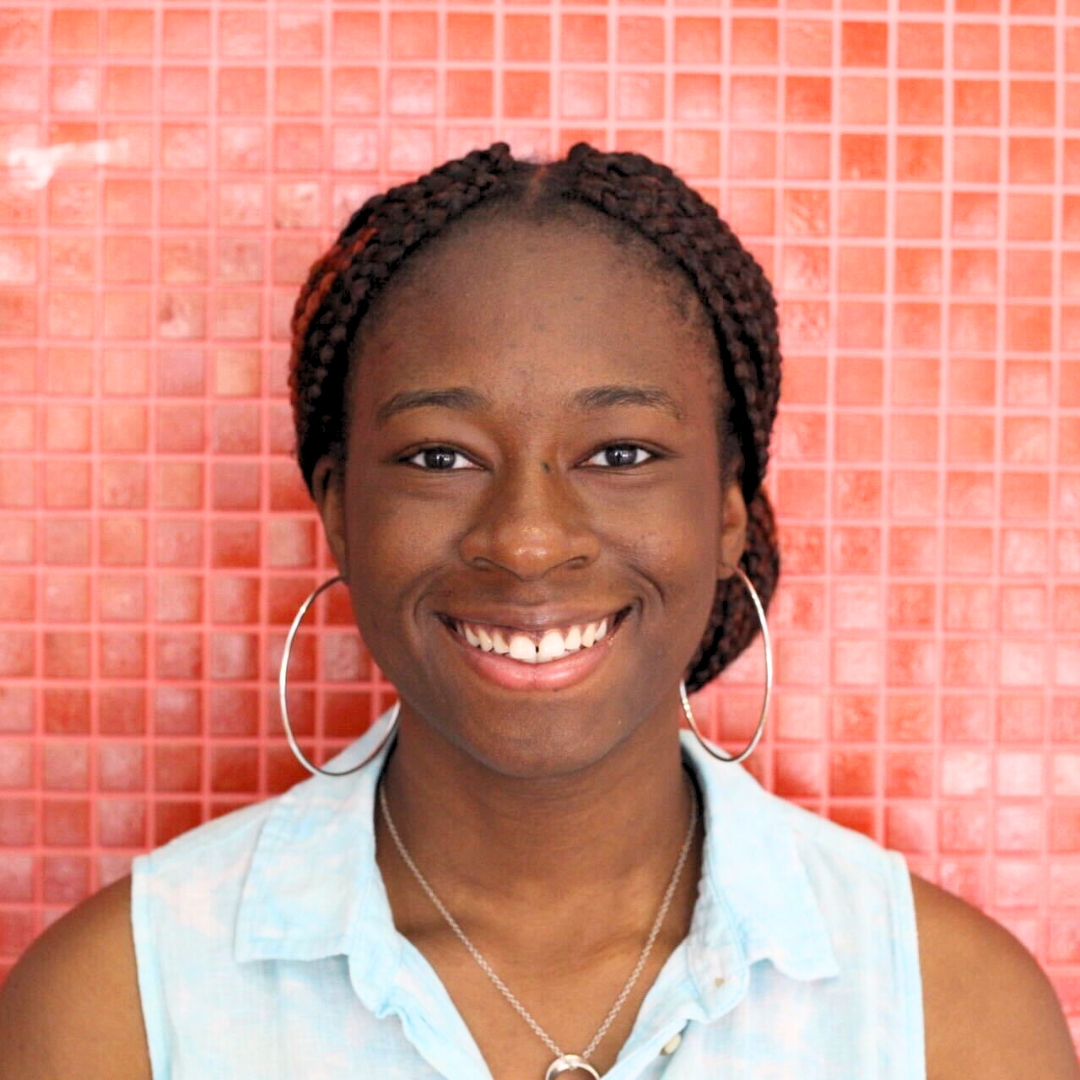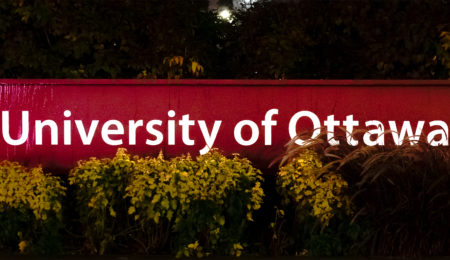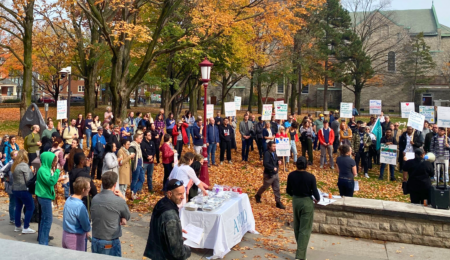SOCIAL SCIENCE STUDENT AT THE U OF O FINDS HER NICHE THROUGH BUSINESS
How can someone find a niche in their discipline? Is your only option after graduation to go work for a big corporation? What is the future for social science majors? The Fulcrum sat down with disabilities advocate and social science student Carly Fox to learn what inspired her to start Carly Fox Disability Advocacy and learn what it means to her.
The Fulcrum (TF):
Could you tell me about yourself?
Carly Fox (CF):
My name is Carly Fox and I am a queer, neurodivergent, and disabled disability advocate. I’m in my fifth year of international development and globalization with a minor in conflict studies at the University of Ottawa.
In my day job, I work as the partnership and communications director at the National Educational Association of disabled students. Outside of that, I have my own business, Carly Fox Disability Advocacy. Through that I have public speaking engagements, presentations, workshops, consultations, as well as a blog.
TF:
What motivated you to start Carly Fox Disability Advocacy, and when did you start it?
CF:
I think being a student at the U of O got me to where I needed to be. As I was experiencing school, especially the transition into hybrid and in person, I would go to my Instagram stories and I would just share my thoughts. There were a lot of words, and it only stayed up for 24 hours, but my thoughts got really good reception and people started sharing their own stories with me. I felt very encouraged and very supported, again, primarily by [U of O] students.
After some time, I figured I should have my shares up for longer than 24 hours. I started a blog on WordPress and used a custom site — I don’t know why I did that; I do not recommend it). I shared my blog posts on social media, and I got so much support from [mostly] the U of O student community.
From there, it just kept growing. The blogs were getting well-received, and I started getting public speaking requests. This would have been by March or May 2022. it really just snowballed because of the student community kind of rallying behind this and I’m really grateful for that. It has been a long and stressful journey but I am so glad I did it and I would definitely do it again.
TF:
That’s amazing. Did you do any sort of marketing strategy on social media? How did you get your audience?
CF:
I have a background in social media communication, so I understood how to do that outreach, how to get free advertising, how to use channels, and how to find partners. However, when it comes to finding a community, I think I’ve always just written for other disabled people. I’ve got to meet them through my work at me and through my volunteering at the Council of Canadians with Disabilities (CCD) as their international chair.
My day job also really helped me connect with the disabled community. I was also able to connect to the disabled student community at the U of O. Once you have those connections and that online presence, word spreads. I’ve had the Manitoba Accessibility Office and Hyundai Canada reach out to me and that was super unexpected.
I do have two marketing tips I can share. The first thing is to find your brand and let that reflect your passion and personality. Sometimes, brands just reflect trends and what they think is pretty. Even if you are using existing templates, find one that kind of reflects who you are and what you want your business to communicate.
The second one is that marketing is about outreach and communication. You gotta have people (your target audience) in mind. Similarly, don’t be afraid to reach out to people also working in that space and get their advice. Email people directly and ask for their help promoting your product, because you usually have some good resources that they will find useful as well.
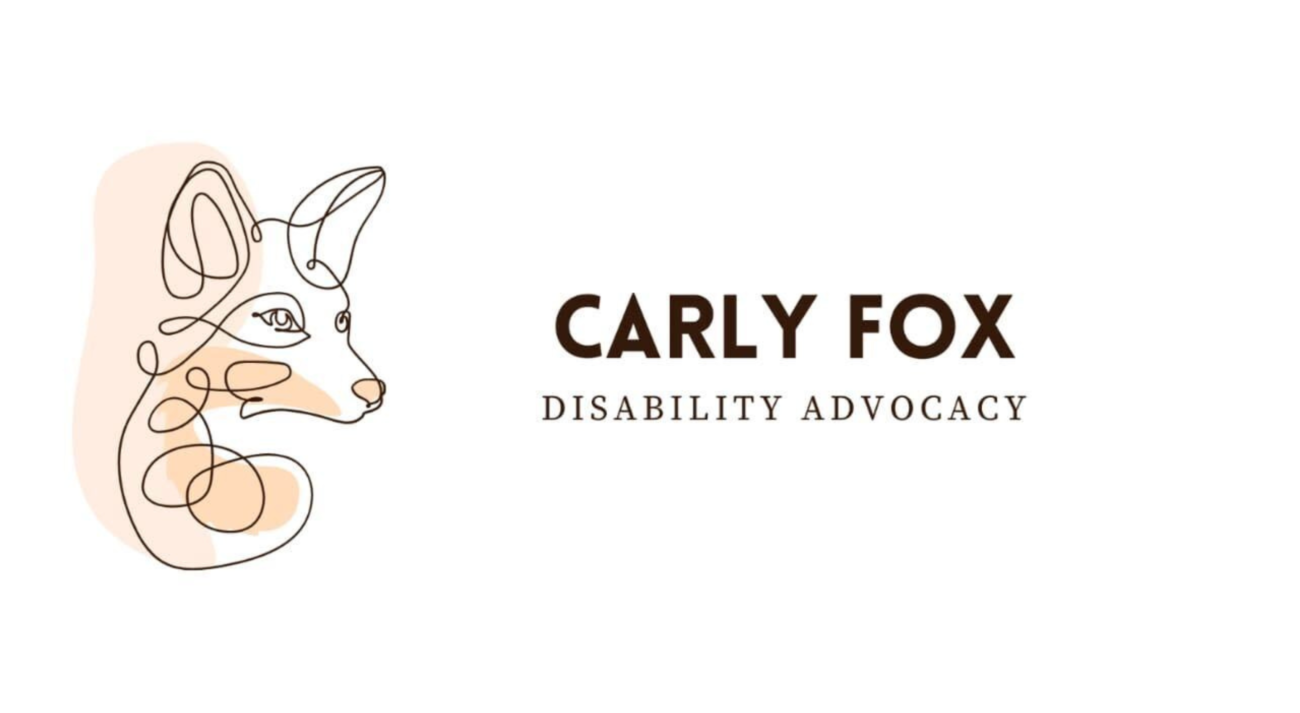
Carly Fox, a University of Ottawa student, advocates for disability awareness through her business and campus involvement. Image: Carly Fox Disability Advocacy/Provided
TF:
Could you tell me more about your Youth Directory on your website?
CF:
I’ve gone to work with CCD and I’ve been able to go into all these privileged spaces and see firsthand how many passionate disabled youth are advocating in these spaces. I’ve also realized through working with non-disabled clients and service providers that they’re not aware of the disabled youth that are doing the really great behind-the-scenes work. Having a website is hard; it’s a lot of work; it is expensive. I figured, why not use part of my platform to just give other disabled youth a platform as well?
The Youth Directory features youth that are 30-and-under, the work they’re already doing, their bio, their lived experience, what they’re comfortable speaking on. The project is close to my heart because I feel like it’s just so important, especially where I’m at in my career, to give back and make space for other disabled youth. Way too often I’m the only disabled youth in the room, and I think of it this way: if it’s just me, I’m not doing my job, right?
TF:
Your degree plays a big role in influencing your business idea and model. With your experience, what would you say to people who may not immediately see the relevance, or may feel like there is no relevance of their degree to real life?
CF:
My advice is find your niche. My program talked a lot about other aspects of development but I felt it never quite touched on disability studies. That was the intersection between my program and my life/passion. If you’re working in a really broad field, you need something that you can be an expert on, and it’s really hard to be an expert on an entire subject. So just picking your niche, really specializing, and not being afraid to use your school papers to further explore the ideas you want to know about, is the key.
TF:
What would you say to anyone who wants to start down this path? They want to start their own business or they want to start going to advocacy and they’re not really sure how to do it. Where, in your opinion, is a good place to start for them?
CF:
When it comes to advocacy, most people don’t think they’re an advocate but the truth is, you’re advocating for yourself every single day. You advocate when you ask for your accommodations and when you speak up for inclusion. Many people think you need a certain qualification or a certificate to be a consultant. You don’t. There’s actually no qualification you need to have.
As for where to start, I find your local community is always great, especially for students. Blog sites, newspaper op-eds, just explore your options and don’t let anyone intimidate you. The worst they can say is no. Moreover, I will always make time for disabled students. They’re welcome to hit me up. Just look out there, see what other youth in your niche are doing, and learn from that. There’s no one official way to do anything.
TF:
Thank you for that. This may not be as popular a conversation as it was a few years ago, but it is still very relevant. A lot of people feel like a program doesn’t have any direct impact or is not as relevant if it is not a STEM. As someone doing great, relevant work in the social sciences, what would you say to that?
CF:
The thing is that with STEM it’s very objective, it’s quantifiable, your impact can be measured. With the humanities, it’s qualitative and very subjective. It can be really difficult to measure input and output. You can be putting in great work and feel like society isn’t going to change, because at the end of the day, it’s not changing very fast.
Personally, I tell myself that any day that I can positively impact a disabled person, it’s a win. That impact. How is that not important? That impact empowers them to share their story and impact more people. By zooming in on the micro lens and looking at how you can impact individual people you see a better picture, especially when the job gets rough.
Insider activism can be another game changer in that regard. Through my work with corporate organizations and the government, I can help them shift their policies and office environment. It can be frustrating, but don’t shy away from working with people that are different from you, because sometimes that’s where the most change can happen.
TF:
If someone was interested in getting involved with you or your organization, what’s the best way to reach you?
CF:
They can check out my website, Instagram, Twitter or reach me by email at carlysteelefox@gmail.com.

